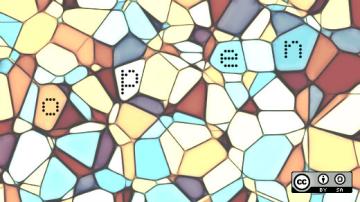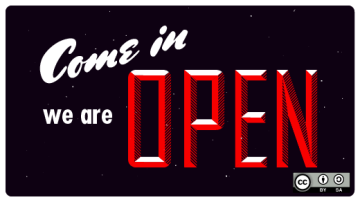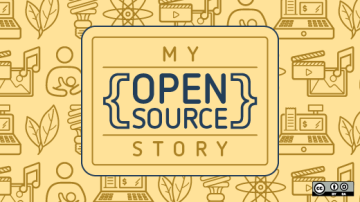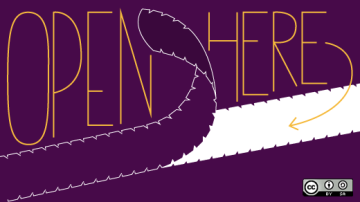
Guy Martin is the Director of Open Source & Standards at NVIDIA, where we works with the Omniverse product team on helping them navigate the open landscape with projects such as Universal Scene Description, MaterialX, and many others. He also consults with the rest of the organization on open source best practices.
Guy brings a unique blend of 25+ years’ experience as both software engineer and open source strategist to NVIDIA. He has built open source programs for companies like Red Hat, Samsung and Autodesk and was instrumental in founding the Academy Software Foundation while Director of the Open Source Office at Autodesk. He was also a founding member of the team that built the Open Connectivity Foundation while at Samsung, helping to successfully integrate FRAND standards with open source reference implementations. Most recently, he lead OASIS Open as Executive Director, where he helped to merge the best of open source and open standards for that organization. He is a passionate advocate for diversity and inclusion in technology and an accomplished public speaker.
An avid, lifelong athlete, Guy is based near Nike World Headquarters in Beaverton, Oregon, U.S.A.







Authored Comments
Your software choice is just that, a choice. I respect that decision. However, I don't appreciate your lack of respect for what pragmatists like me bring to the overall community. I don't denigrate your choices, and I'd appreciate it if you didn't denigrate mine.
I do believe you narrow the value of 'open source' tremendously when you take an all or nothing approach to what value the open source ethos brings to companies & communities of all kinds.
As to why this article ran in opensource.com, that's a question for our friends at Red Hat. If you're open to listening to a company that makes money selling software like they do, I'd suggest you take it up with them.
No offense, and I'm really glad that Rocket.Chat works for you, but you've completely missed my point in the article.
Let me repeat it for everyone here - with emphasis - *It's not about the tool.*
Businesses make all sorts of decisions based on many more factors than just whether a tool is open source or not. If you were starting an open source community, I agree that Rocket.Chat or one of the other options would be a great option because it would be the right fit and inclusive of the value of that community.
I was trying to get Open Source *behavior* from an organization that didn't talk internally well. If I have a majority of the company choose a tool that enables this behavior, I don't particularly care whether it's open source or not. That's where pragmatism comes in.
Thanks for your comment.